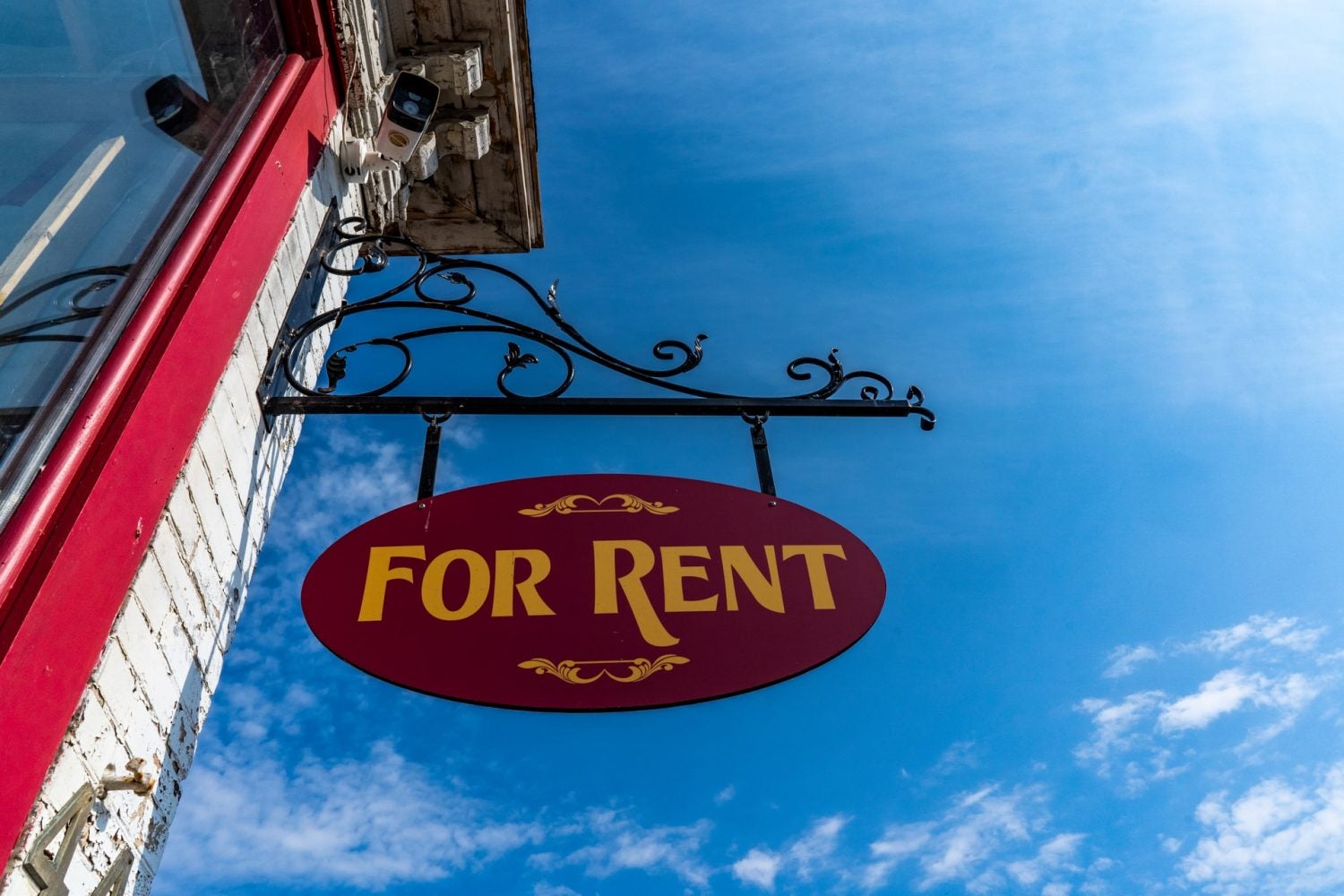Sometimes being a landlord can feel like walking through a minefield. There are a lot of laws out there that, rightfully so, protect the tenant, but adhering to them can feel like a full-time job. One of these laws is the concept of rent control, which can harm as well as help. You need to know what you are dealing with before you consider raising your rent prices. Take a look at our guide to help you out.
What is rent control?
What most people refer to as “rent control” is actually “rent stabilization”, which caps rent increases by a set percentage, whereas rent control caps rent at a certain price and is enforced by law, including in California. It is the only state beyond Oregon with state-wide rent control laws, and they can be complex. You can look up all the info you need about Californian rent control laws here.
Rent control in either form makes sure that the landlord cannot raise their rent demand too far. It protects the tenant from unfair rent hikes that might come about either before or after the tenant has moved in, due to renewed leases.
Rent control is enforced, usually, by municipalities, but it isn’t common across the US. It is mostly enforced in major cities across states; however, 31 states have laws that forbid or preempt local governments from putting rent control measures in place since February of 2022.
Advantages and Disadvantages
However, the idea of rent control has come back into the conversation, considering the skyrocketing cost of living happening worldwide, plus inflation, and to top it all off: a spiraling housing affordability crisis.
But tenants need to cover rent so that landlords can cover the cost of running a home, which means there is a domino effect going on.
The advantages of rent control include the point that rent is going up faster than wages for the majority of cases, that lower and moderate-income families would be able to live without a surprise and horrifying rent hike, and neighborhoods will be considered safer when they have long-term residents in rent-controlled areas.
The flip side is that, well, landlords lose out. If there is profit to be made, a rent cap will eliminate it. It will, in turn, cause homes to deteriorate because landlords will be less inclined to pay for any repairs that might be needed.
There is also the idea that rent control will limit the supply of good housing. The idea is that landlords might opt to split a larger building into condos or commercial use premises rather than abide by a law that will limit their profits.
So, given that we’ve weighed up the pros and cons, how would you deal with it if you do have a rent-controlled house to look after?
When can I raise rent?
In a rent-controlled home your rent payments will stall but your home might decrease in profitability, which means you’re likely to want to raise your rent as soon as possible.
The good news here is that rent has to rise alongside inflation. Typically, that means a hike of around 1% or 4% every year, but due to worldwide events causing inflation to soar, this year that means a hike of 7%.
In California, this means that you can raise the rent twice a year, as long as the increase falls within the limits of the inflation hike. And you can raise the rent before a new tenant moves into your home and after the past one moves out.
Stay informed
Rent control laws are complex and detailed. There are ways you can get around it if you have a building that is exempt from rent control, for example, and there is a loophole available in that you can keep swapping out tenants for ones that will pay a higher rent, as long as the last tenants are fairly evicted or left under the restrictions of the rent control law.
This is why it’s important to know what you’re talking about. Make sure to read up on rent control in your state or city, and don’t make a move until you are certain it’s legal. You might want to consult a solicitor, or you’ll end up with a lawsuit on your hands.
And, given that there is a lot of talk around rent control right now, you might want to keep an eye on the news. Amendments can be put in force at any point due to differing circumstances. Stay informed on current events today to ensure that you aren’t breaking the law tomorrow.


















